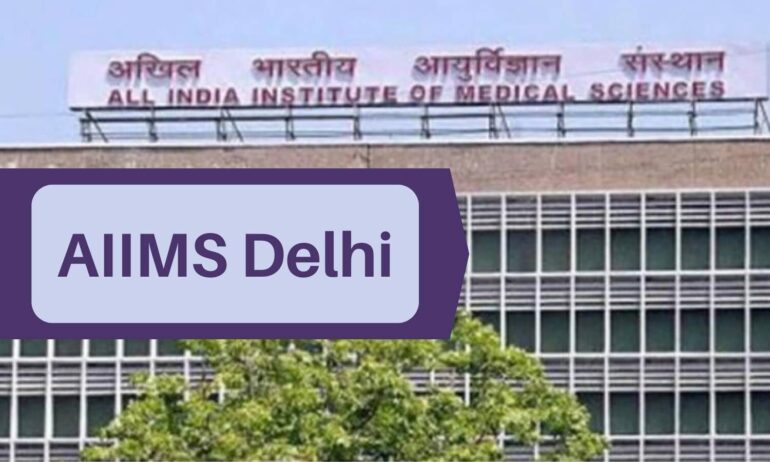TL;DR:
- All India Institute of Medical Sciences (AIIMS) Delhi is preparing for the future by incorporating artificial intelligence (AI), drones, and robotics into healthcare.
- The objective is to ensure the timely delivery of medical supplies, overcoming challenges such as traffic congestion.
- AIIMS aims to be future-ready in the “Amrit Kaal,” an era of hope, empoweredness, and an inclusive economy, by focusing on research and application of AI, drones, and robotics.
- Successful drone delivery trials for medical supplies have already been conducted by AIIMS-Rishikesh and the Indian Council of Medical Research.
- States like Meghalaya, Arunachal Pradesh, Uttarakhand, and Himachal Pradesh are piloting drones for emergency medical supply delivery.
- AI-powered diagnostic tools at AIIMS Delhi aim to assist doctors in accurate diagnosis and treatment recommendations.
- The convergence of AI, drones, and robotics in healthcare promises a brighter and healthier future for all citizens.
Main AI News:
In a remarkable move towards progress and innovation, the All India Institute of Medical Sciences (AIIMS) Delhi, the nation’s premier teaching hospital, is gearing up for the future by embracing cutting-edge technologies such as artificial intelligence (AI), drones, and robotics. Under the visionary guidance of AIIMS Director, M. Srinivas, officials have been directed to strategize and explore the research and application of these revolutionary technologies in the realm of healthcare.
The driving force behind this transformative endeavor is to ensure the swift and efficient delivery of medical supplies, a crucial aspect often hindered by traffic congestion and logistical challenges. By harnessing the potential of AI, drones, and robotics, AIIMS New Delhi aims to emerge as a frontrunner in the “Amrit Kaal,” an era of hope, empoweredness, and an inclusive economy, as described by the government.
In an official statement, Srinivas emphasized, “Artificial Intelligence (AI), drones, and robotics are poised to revolutionize healthcare delivery in the near future. To make AIIMS New Delhi future ready in the Amrit Kaal, it has been decided to have a special focus on research, adoption, and application of AI, drones, and robotics.”
The potential of this transformation has already shown promise, with successful drone delivery trials conducted by the Indian Council of Medical Research and AIIMS-Rishikesh. These innovative drone deliveries offer hope for efficient and timely transportation of medical essentials, breaking barriers of geographical constraints and ensuring access to critical supplies where they are needed the most.
With an overwhelming daily footfall of over 25,000 patients, AIIMS Delhi stands as the busiest healthcare facility in the nation. However, this surge in demand is being met with equally unprecedented solutions. States like Meghalaya, Arunachal Pradesh, Uttarakhand, and Himachal Pradesh have already embraced the power of drones to provide emergency medical supplies, including vaccines, anti-snake venom, life-saving drugs, and diagnostic lab samples, following a Hub & Spoke model of service delivery.
Moreover, AI-powered diagnostic tools are poised to be a game-changer in the medical field. These intelligent systems have the potential to empower doctors with accurate and swift diagnoses, recommending precise treatments, medicines, investigations, and advice for patients. By analyzing medical images with unmatched precision, AI models can detect subtle abnormalities that may indicate the presence of diseases, regardless of whether the images are captured through traditional X-ray machines or smartphone cameras.
Conclusion:
This significant advancement at AIIMS Delhi signifies a transformative shift in the healthcare market. Embracing AI, drones, and robotics demonstrates a commitment to efficient and effective healthcare delivery. As other institutions and states adopt similar technological solutions, the market is likely to witness an upswing in demand for AI-powered medical tools, drone logistics services, and robotics applications in healthcare. The Amrit Kaal brings hope, innovation, and inclusivity, setting the stage for a new era of improved healthcare accessibility and patient outcomes. Businesses operating in this sector must seize the opportunities presented by these emerging technologies to stay ahead in a competitive and rapidly evolving market.

